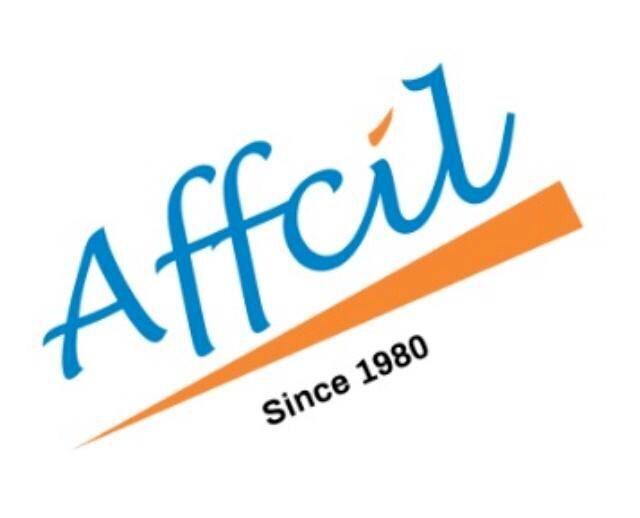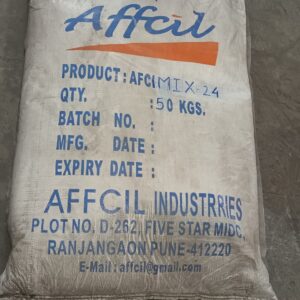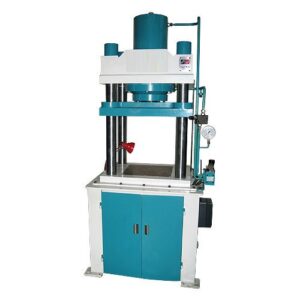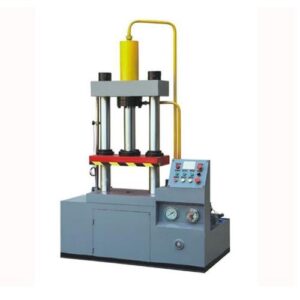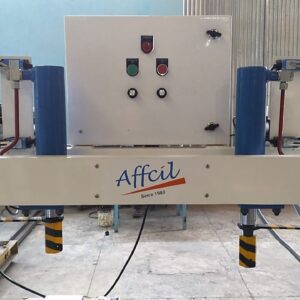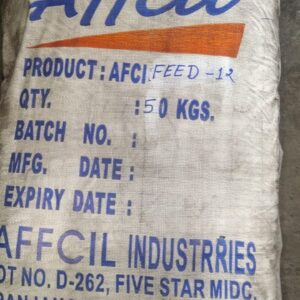Description
GENERAL:
AFCILEX is an exothermic material made into shapes or sleeves to line the riser cavities of castings. It is
sometimes called a mouldable anti-piping compound. Its purpose is to increase the feeding efficiency of
castings & ingots, there by to reduce the amount of feed metal required.
AFCILEN is a range of special Insulating sleeves which are available in both open as well as in blind shape &
are used for efficient feeding of ferrous & non – ferrous castings.
INTRODUCTION:
Every foundry man knows the importance of shrinkage i.e. change in the volume when liquid metal solidifies.
Shrinkage occurs in three steps. First, the volume of liquid metal decreases as the temperature drops till pasty
stage is reached. Second stage occurs during actual freezing, there is further reduction in volume. And lastly
when the solidified metal cools to room temperature further reduction in volume occurs.
Shrinkage, which occurs during first and second stages and particularly in the second stage leads to defect like
shrinkage & porosity in the castings & ingots.
It is only when the temperature within the metal & mould are such that the feeder heads or risers are the last
portion of the casting to solidify & so can supply further liquid metal to fill the voids formed during
solidification. And sound casting or ingots will be produced. Therefore, ideally, the contraction or cooling for
the pouring temperature to the solid state will be reflected by the fall of liquid metal in the feeder head.
Unfortunately, in a sand or refractory lined feeder head this seldom occurs because
A. A large amount of heat available from the head is absorbed & conducted away from the lining,
promoting solidification at the metal / lining interface but nevertheless, the liquid metal in the
center of the head falls, thus forming a pipe.
B. More heat loss occurs due to radiation from the top surface of the head, which leads to bridging or
skulling producing double shrinkage. The cavity, which is most undesirable in casting.
The above defects can be totally eliminated by use of AFCIL exothermic & insulating sleeves &
Hot topping compounds.
DESCRIPTION :
AFCILEX exothermic material is a product containing aluminium & oxidising agents which burn upon contact
with molten metal & liberate intense heat. After the reaction has ceased the AFCILEX sleeve forms on efficient
insulator which prevents further heat loss out of the feeder head.
During casting, as the molten metal fills the sleeve an exothermic reaction takes place & the temperature of the
riser metal is maintained & in many cases temperature is increased & maintain for long periods, thus creating a
favorable temperature gradient which promotes the directional solidification that is so necessary for the
production of sound castings.
The increased feeding efficiency form the use of AFCILEX sleeves makes it possible to reduce the size of
risers considerably & thus affect savings in fettling, metal melted & time, as well as eliminating casting defects
due to shrinkage.
AFCIL exothermic & insulating sleeves open & blind are available in various sizes & grades to suit your
particular requirement. Sizes available -Ranging from 3” to 12” in height & 1” of 24” in diameter. Also as per
requirements of individual user.
APPLICATION:
AFCILEX exothermic or AFCILEN Insulating sleeves are to be moulded along with polythene outer cover to
avoid moisture pick – up from green sand. According to riser design, sleeves of proper dimension should be
mounted on riser prior to moulding. For optimum riser performance hot feeding & anti- piping compound such
as AFCIFEED should be used as hot topping compound to avoid heat loss from the riser surface.
ADVANTAGES:
1. Production of sound castings free from defects.
2. Increase in feeding efficiency & yield, through minimum heat loss & heat dissipation.
3. Reduction in riser sizes improves the foundry yield through metal saving & higher product output
per mould due to saving in riser metal.
4. Sleeves can be cut to size as required to suit the individual feeding.
